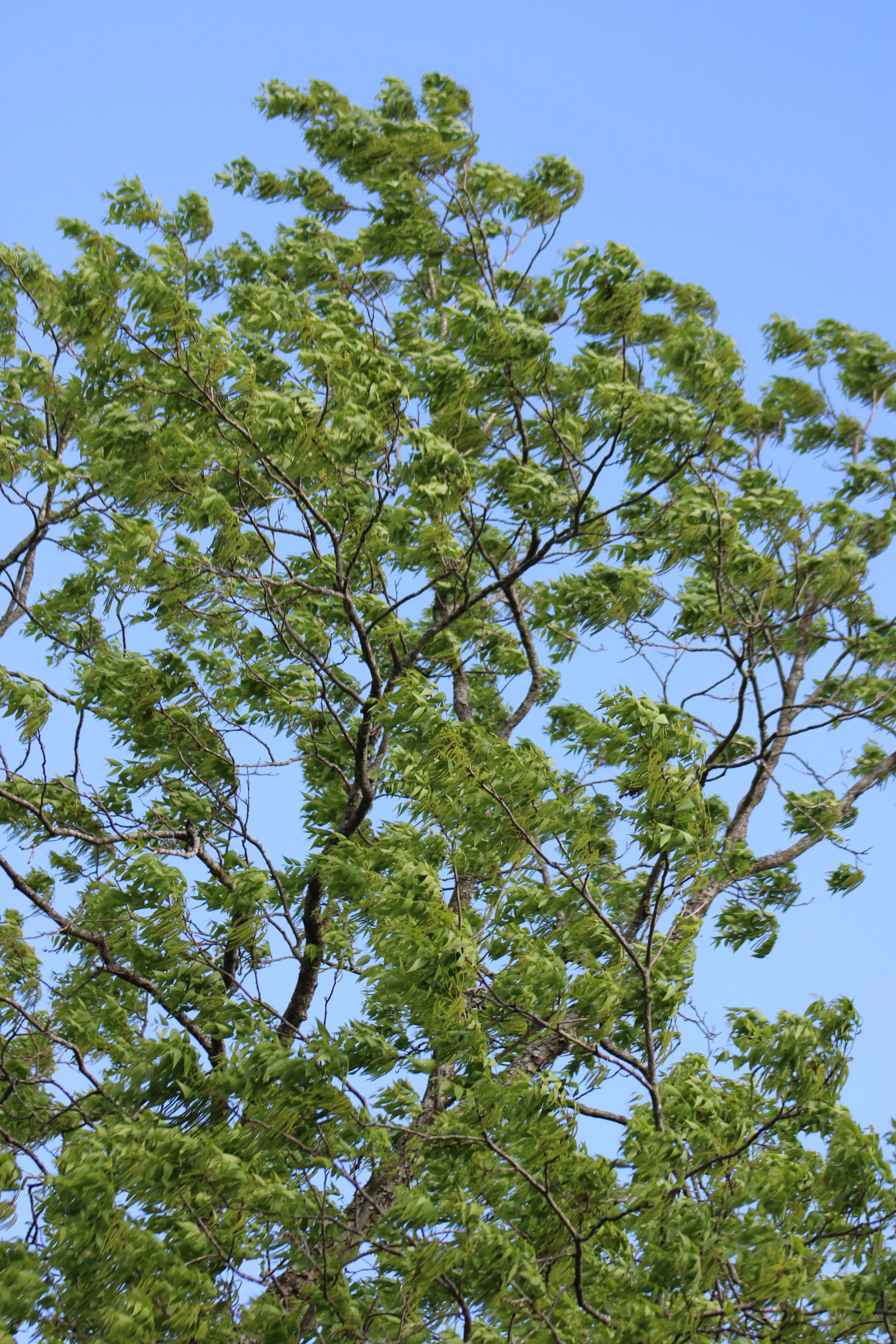Battling allergies? It could be genetics
Augusta’s trees and grasses are spreading pollen far and wide this spring season. (photo by Rakiyah Lenon)
By Rakiyah Lenon | Editor in chief
Itchy eyes? Runny nose? Scratchy throat? Drained, even? If you’ve been suffering from any of these pesky symptoms, it turns out you’re not alone.
For seasonal allergy sufferers, spring can bring more than pretty flowers and green leaves.
Scientists have proclaimed this year’s season to be especially worse, due to the changing climate.
Kathleen May, MD, the division chief of Allergy-Immunology and Pediatric Rheumatology in the Medical College of Georgia at Augusta University, said genetics is a factor for being susceptible to the effects of pollen.
“About 80 million people in the country have nasal allergy symptoms,” said May. “The main reason is genetics. So often when you see people with nasal allergies, the child will have it, their parents will have it, their grandparents will have it, so it’s something that’s passed down through generations. But what people are allergic to is not genetically determined. So you have to have the gene for the allergy sensitization, but what you get exposed to is what you become sensitive to.”
Allergies, in whichever form, come about as a result of the body viewing a particular substance as a threat.
“Your body is overproducing an antibody, and you are overreacting to something that you shouldn’t be overreacting to like pollen,” May said.
She added, “Pollen isn’t dangerous to us, inherently. So, what’s happened is we over time have probably switched the system which normally would attack parasites and other pathogens that we no longer have, now it’s switched into attacking things that are innocent, like pollen.”
As interesting as it might sound, pollen is well ahead of the game by the time many people begin to feel its effects.
“The pollen actually starts well before the trees bud out,” she said.
May said allergy sufferers can find relief with antihistamines, which can reduce the severity of allergy symptoms.
People can also see weather forecasts to notice which days have high pollen counts.
Contact Rakiyah Lenon at rlenon@augusta.edu
This story is published in the Wednesday, April 24, 2024 print edition of The Bell Ringer on page 3.




